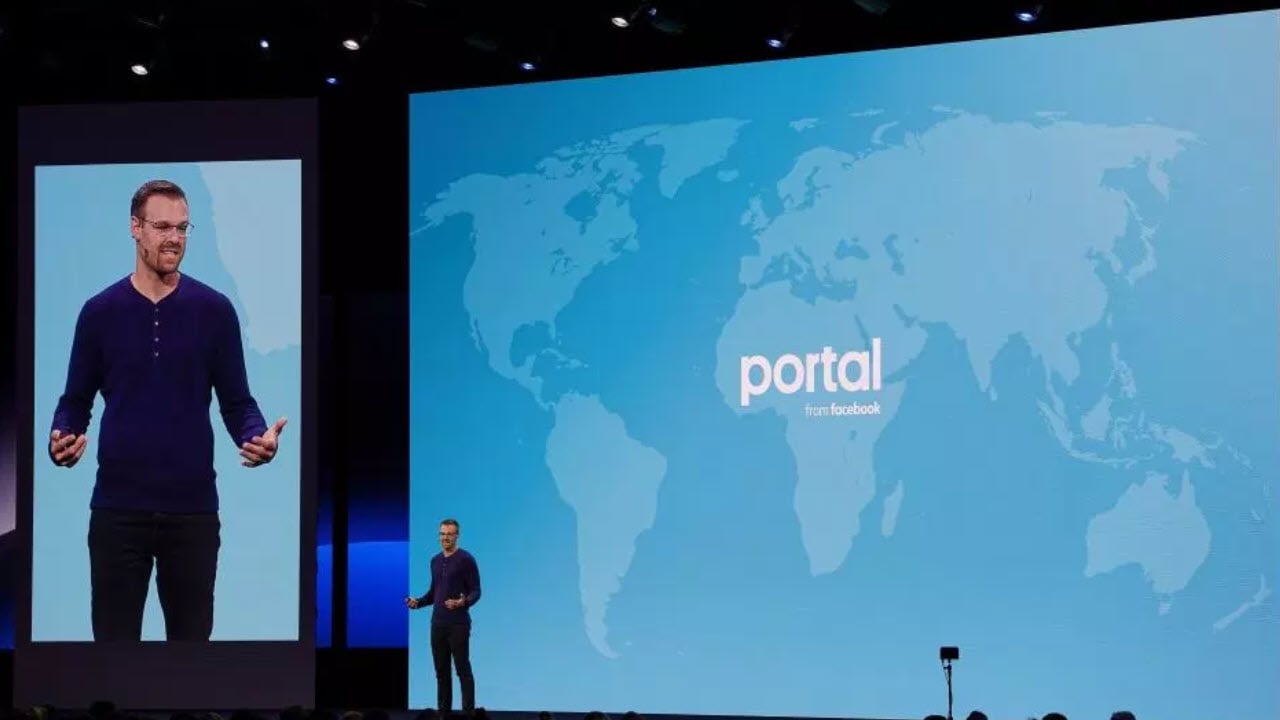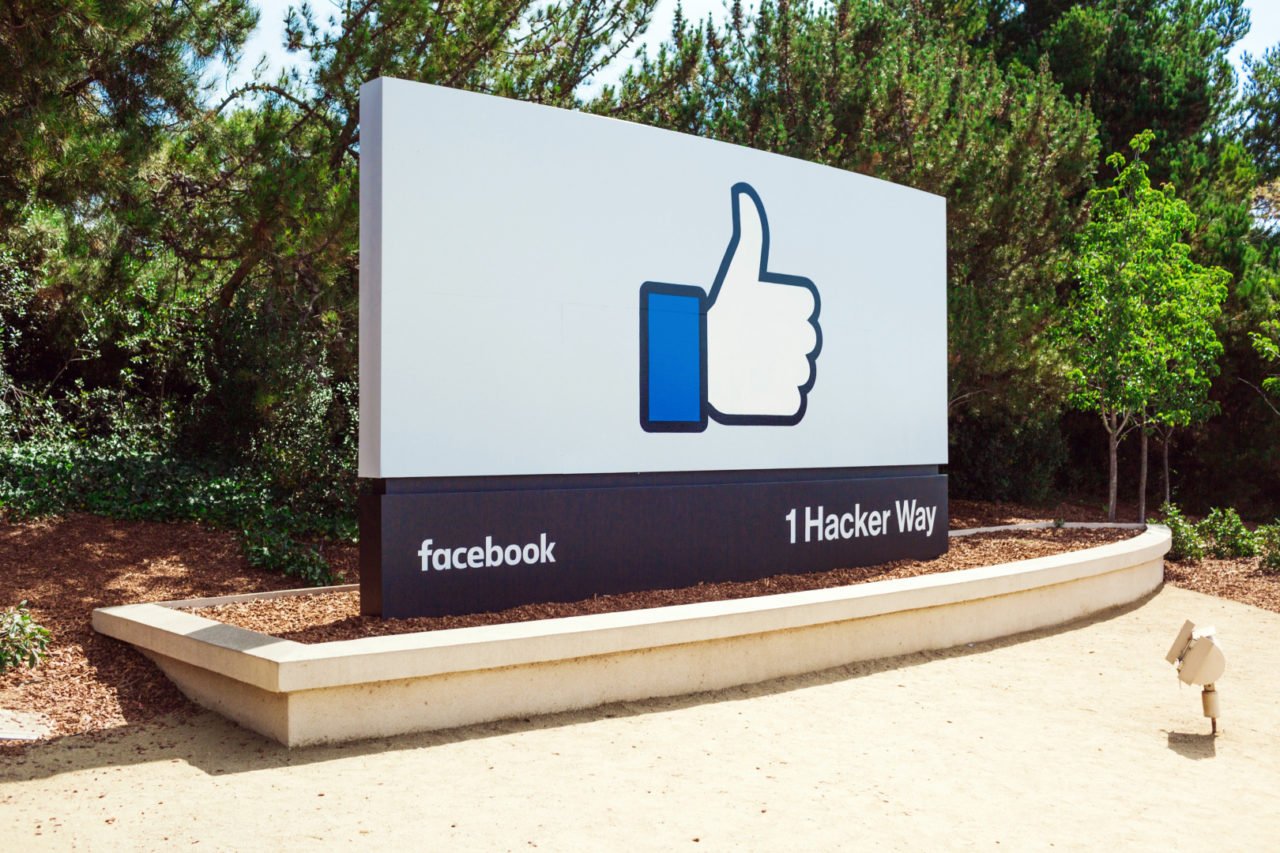The past few years haven’t been kind to Facebook and the last year, as well as this year so far, can arguably be called the worst of them with many news reports surrounding privacy and data security on the social media platform. At the F8 Developer conference, Mark Zuckerberg included ‘the future is private’ to his keynote speech on the first day of the event.
But is the idea of privacy that Zuckerberg is trying so hard to sell really as glorious as it sounds? Is it the real deal? Is Facebook really trying to change? And can we trust them?
After multiple reports about breaches on Facebook in the past year, the company’s distasteful advertisement targeting and the latest news report from NBC that highlighted the misuse of user data on the social network since 2011, Facebook remains in denial. And the apathy of their speakers, including Zuckerberg, at F8’s keynote event on day 1 is a testament of how seriously they take user privacy and data security.
All seems to be going well as far as Zuckerberg is concerned. Executives at Facebook have blatantly denied stories that showed them in poor light, but that didn’t seem to work too well in their favour as people could see through the cracks in their statements as the company tried to save face.
In March 2019, Mark Zuckerberg outlined Facebook’s vision going into the future. The key features of this vision included private interactions, encryption, reducing permanence, safety, interoperability and secure data storage.
At F8 Zuckerberg opened with a keynote, which said ‘the future is private’; the company will be working towards building a privacy-focused social network. Towards this end, the company has announced several updates to Facebook under the moniker ‘FB5’, some of which have been discussed in this article. But should you believe Zuckerberg?
 Another important update from the event was that Facebook’s smart home devices, Portal and Portal+, will now also support WhatsApp, including its end-to-end encryption feature, allowing users to call their contacts on WhatsApp or Messenger on their Portal or phone.
Another important update from the event was that Facebook’s smart home devices, Portal and Portal+, will now also support WhatsApp, including its end-to-end encryption feature, allowing users to call their contacts on WhatsApp or Messenger on their Portal or phone.
Both the Portal devices received heavy criticism at the time of their launch. Like every other time, Facebook promised that they don’t snoop into the user’s activities, but that’s not entirely accurate; they do.
While Portal currently doesn’t serve ads, the data gathered from your calls, including who you call and information about the apps you use can also be used by to serve ads to you on other Facebook-owned platforms.
Here is how Facebook puts it across on Portal’s official website: “Portal does not have Facebook ads at this time. Some third-party services on Portal (e.g., music partners) may embed ads in their content in the same way they do when providing their services on other devices.”
Related read: Thinking of buying the Facebook Portal? Don’t. Here is why
A glimpse into the privacy breaches and data misuse on Facebook
Following is a compilation of several news articles related to breaches and privacy violations on Facebook, the abuse of user data as well as fines imposed on the social network by governments. Note that the list is barely even the tip of the iceberg and several incidents haven’t been mentioned here.
- 1.5m Users Hit By New Facebook Privacy Breach As Extent Of Data Misuse Exposed by Forbes (April 18, 2019)
- Facebook security lapse affects millions more Instagram users than first stated by The Guardian (April 18, 2019)
- Hundreds of millions of Facebook user records were exposed on Amazon cloud server by CBS News (April 4, 2019)
- Third-party Facebook app data left 20,000+ passwords unprotected by Candid.Technology (April 4, 2019)
- The Cambridge Analytica scandal changed the world – but it didn’t change Facebook by The Guardian (March 18, 2019)
- How Cambridge Analytica sparked the great privacy awakening by Wired (March 17, 2019)
- Facebook breach: 6.8 million users affected by photo bug by Candid.Technology (December 15, 2018)
- Facebook fined €10 million by Italy for selling users’ data without consent by Candid.Technology (December 8, 2018)
- Another day, another Facebook hack: messages of 120mn users hacked by Candid.Technology (November 3, 2018)
- 30 million profiles were hacked on Facebook: How to find if yours was too by Candid.Technology (October 13, 2018)
- Everything you need to know about Facebook’s data breach affecting 50M users by Techcrunch (September 28, 2018)
- The Facebook and Cambridge Analytica scandal, explained with a simple diagram by Vox (May 2, 2018)
- Revealed: 50 million Facebook profiles harvested for Cambridge Analytica in major data breach by The Guardian (March 17, 2019)
- Facebook Enabled Advertisers to Reach ‘Jew Haters’ by ProPublica (September 14, 2017)
- Facebook Lets Advertisers Exclude Users by Race by ProPublica (October 28, 2016)
Also read: How to stop Facebook from collecting data via data brokers
Zuck and Facebook’s upper echelons are in denial

Time and again Facebook has lied about its misuse of user data, been caught and then lied a bit more in defence. An old saying goes, you have to lie a thousand times to cover up a single lie. Facebook seems to have hundreds to cover up, and they are falling short of explanations.
At the F8 developer conference keynote, Mark Zuckerberg or anyone from the company didn’t show any remorse and weren’t even a bit apologetic about how things have turned up concerning abuse of user data and privacy. Even when Zuckerberg took to stage and addressed the privacy concerns on the social network during the F8 keynote, he did so jokingly with a smile on his face — no remorse whatsoever.
The moment Mark Zuckerberg tries to make a joke about privacy and nobody laughs: pic.twitter.com/izt7kIhjLz
— alfred 🆖 (@alfredwkng) April 30, 2019
The first step to make things right is to accept that they were wrong. Facebook’s main issue lies with their denial. Denial about every finger pointed at them. Facebook has had such a bad year, that they are grieving but to reach the stage of acceptance, first, they need to stop being in denial about things on their social media.
Zuck says that the future is private but how can we believe him when he has lied through his teeth about privacy on the platform for a good part of Facebook’s existence and still doesn’t seem to possess the humility to accept that all’s not well in Facebook’s La La Land. The CEOs promise is a hollow one.
But why the denial?
Facebook’s stocks took a hit in the second half of 2018, and though it’s on the rise now, it’s yet to reach the peak it attained in July last year. Not only are the stocks recuperating, but the number of new users on Facebook have also been increasing.
This might give the company and its upper echelon a false sense of pride as well as a safety net around them. But how far can the company go before alienating a majority of its users? A relatively small number of users have deserted the platform, but more people joined the social network during the same time.
While they battle out with various governments which have fined the company for breaching the privacy and security of their citizens, Facebook continues to expand into new countries and add users at an unprecedented pace. But does the company’s hierarchy have a plan to cater to the individual cultural needs of such a significant user base without compromising on ethics? So far we’ve witnessed that ethics aren’t held in high regard at Facebook and going into the future it would be fool’s errand to take them at their word.
Also read: What will happen to your Facebook account when you die?






